Published

Fraser Stewart
Co-Founder and Chief Commercial Officer at Lyfeguard
In recent times, many have been met with a slew of financial challenges. see more
- 06:00 am

Founded by Erich Bonnet in 2014, Smart Lenders AM specialises in Crowdlending, an alternative lending model that competes with traditional banks.
This model provides faster access to credit while generating considerable savings for borrowers as well as improved returns for investors.
Since its creation, Smart Lenders AM has provided institutional investors with access to this asset class through its two funds: Moonstone Lending Fund SICAV SIF, the largest marketplace lending fund in Continental Europe, and The Lending Smart Fund 1, an innovative debt fund with credit protection dedicated to supporting the European fintech ecosystem.
Today, the company has passed a new milestone on its trajectory by announcing that it has lent over $2 billion to loans via lending platforms in Europe and the United States. This is a recognition of Smart Lenders AM’s unique expertise in credit scoring, risk management, and administrative monitoring of a highly granular asset class.
"This investment volume consolidates Smart Lenders AM's experience, as our main fund Moonstone Lending Fund reaches 7 years of positive track record, and one year after the launch of our new innovative debt fund, The Lending Smart Fund 1" says Erich Bonnet, Chairman of Smart Lenders AM.
Smart Lenders en quelques chiffres :
$450m AuM
600,000 consumer loan transactions processed annually
3,000 loans to small businesses acquired since inception
9 years of track-record
$2bn of loans financed since inception
Lending relationships in place with 25 FinTechs including online consumer and SMBs lending platforms, Buy Now Pay Later, Revenue Based Financing and Leasing.
AMF regulation, credit granting and AIFM full scope.
Team of 15 people with complementary skills: trading & portfolio management, quantitative finance, credit scoring, artificial intelligence & machine learning operations, marketing.
Related News
- 07:00 am
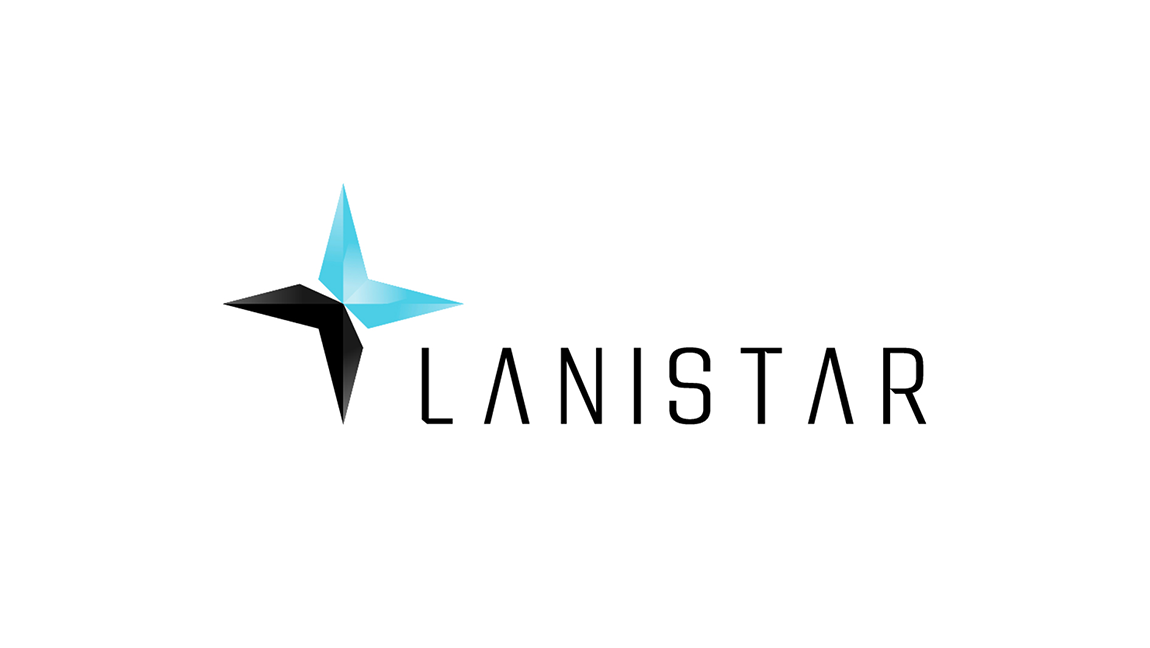
The concept of a cashless society is becoming a reality, with digital payments becoming increasingly popular among Gen Z with Gen X following suit, says Lanistar.
A recent survey identified that 35 per cent of 18-24-year-olds have increased their usage of digital banking services since the beginning of the Covid-19 pandemic, indicating that Gen Z are driving a shift away from traditional payment methods. Instead of cash, they are opting to use contactless payments, digital wallets, banking apps and cryptocurrencies.
Jeremy Baber, CEO of Lanistar, said: “When reflecting on the past decade, the payments landscape has shifted dramatically with digital payments leading the race. Gen Z and Millennials desire quicker and more convenient payment methods. People in these age groups are known for their technological proficiencies, with many not recalling a time without online services and mobile phones. With technology playing a big part in daily life, it is unsurprising that these groups are choosing to benefit from the speed and convenience of using alternative payment methods.”
Nations such as Brazil which have typically relied on cash, are embracing the digital payment evolution. 85 per cent of Brazilians now have access to financial services, up from 55 per cent, with cash use dropping from 60 per cent in 2012 to just over 40 per cent this year. Meanwhile, European nations such as Norway are on the cusp of becoming cashless, with 95 per cent of the population using mobile payment apps in 2023 and 3-5 per cent of point-of-sale transactions paid for by cash, while the UK expects to hit the mark by 2026 with just 17 per cent relying on cash.
Baber said: “Traditionally cash-driven nations are opting to digitise, with Generation Z fuelling the fire. Gen X are bridging the gap between the digital and traditional economies, and many people in this age category are adapting digital technologies such as BNPL and contactless payments, however many are also loyal to traditional payment methods.”
“Older generations are slowly recognising the convenience and flexibility digital technology payments introduce. When looking to the future, FinTech’s must focus on taking a steer to create a payment ecosystem of the future.”
Baber concluded, “On a global scale, it’s clear that we are taking strides towards a cashless society, with the biggest indication being that even cash-dependent nations are opting to digitise and adopt FinTech payments technologies to embrace change. This is likely due to tech savvy Gen Z entering the workforce and having cash to spend, and as a result this is fuelling the need for businesses to offer digitised payments.”
“Alternative technologies, such as banking apps and digital wallets, provide a simple and secure payment method that is unrestricted and easily accessible and that’s a huge benefit for businesses and individuals alike so as Gen Z and Millennials become the majority consumer, no doubt the payment landscape will continue to shift in favour of the new digital age.”
Related News
- 01:00 am

UK organisations and consumers are ready to embrace a new era of digital identity according to a new report from Curity, an API-focussed identity and access management company.
63% of UK organisations either currently use digital identity or have plans to incorporate digital identity solutions into their operations, with 61% of those planning to do so within the next year. Additionally, 52% of UK firms have plans to incorporate new and emerging decentralised identity solutions. UK consumers are also displaying a growing familiarity with digital wallets, with 58% of consumers currently using them and half of consumers that don’t currently use digital wallets considering them in the future.
The report entitled “Plotting the Roadmap for Digital Identity” surveyed 200 IT decision makers (ITDMs) in the UK and US as well as 1000 consumers to better understand the rapidly changing digital identity landscape. This report comes as the UK government introduces a new trust framework for digital identities.
The new report reveals that 60% of organisations surveyed expect digital identity to have a transformative impact on their industry, with financial services (89%) and health (86%) seen as industries set to benefit most from latest innovation in this area according to ITDMs.
Finance (62%), retail (61%) and travel (46%), were the most popular services used by consumers with digital wallets. Financial institutions (38%) are current leaders in public trust when it comes to storing personal data in digital identity wallets, followed by medical providers. (35%), whereas the government (22%) and transport providers (17%) were the least trusted, according to the research.
Other key findings include:
Among UK consumers that currently use digital wallets, 77% use it weekly and 30% use it daily
60% of consumers in the UK & US highlighted data privacy risks and fraud as reasons they would be hesitant to store personally identifiable information in a digital identity wallet.
Top security challenges posed by digital identity for ITDMs are hacker sophistication (39%) and lack of appropriate infrastructure (37%).
Travis Spencer, Curity CEO, commented on the findings, “As consumers demand seamless digital experiences and organisations face increasing pressure to protect customers’ data, continued innovation and development in the digital identity space could not be of greater importance. While there are encouraging signs that businesses are adequately prepared for the paradigm shift that decentralised identity will cause, the winners after the move will be those that cultivate trust among consumers. The question of how digital identities are managed and by who will continue to be a key question over the coming years. To keep up with this pace of change and consumer expectations, digital identity must be on the priority list of enterprise architects and strategy makers.”
Related News
- 06:00 am
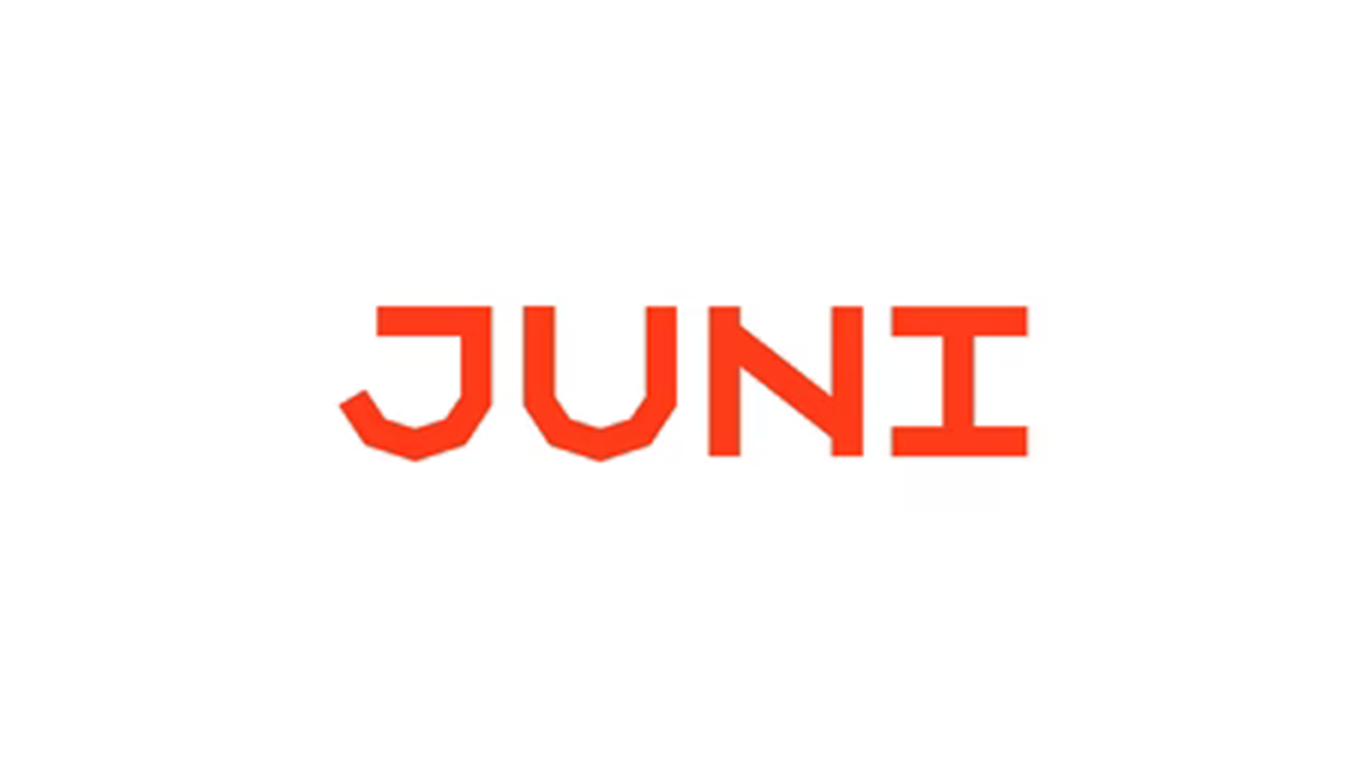
You’ve heard of Buy-Now-Pay-Later but today the latest deferred payment scheme on the market is set to launch, ‘buy media, pay later’. Behind the scheme is Juni, the financial platform built for digital commerce, which will today announce its latest product offering, Juni Invoices. Gone are the days of manual media invoices as Juni Invoices, the first of its kind, offers to auto-collect, manage, pay and finance media invoices for e-commerce companies.
As part of the offering, online retailers can choose flexible media buying financing options, from 30, 60 and up to 90 extra days to settle their invoices, meaning they can ‘buy media and pay later’.
For e-commerce businesses, advertising is a key vehicle to help them unlock growth. According to recent Juni data, ad investment equated to 63.5% of Juni’s European-based customers’ total budget in the first quarter of this year. However, with media buying comes several challenges, from missed or late payments to time-consuming processes and cash flow worries. Juni is helping businesses overcome these issues with ease via Juni Invoices. Juni Invoices auto-collects and scans invoices through its integration with Google and Facebook Ads and automatically matches each invoice to the right transaction. It saves finance teams precious time by settling invoices in a matter of seconds.
“Our customers want more cash to invest in acquiring new customers, and with up to 90 extra days to pay their invoices from Google Ads and Meta they free up a lot of additional capital to invest,” said Samir El-Sabini CEO & Co-Founder of Juni. “We’re excited to launch a product that enables them to invest more in their ad campaigns and help them reach more people. Juni Invoices allows e-commerce companies to boost cash flow, save time by streamlining the invoice process and enjoy better payment terms than anywhere else in the market.”
Launching alongside its invoice offering is Juni’s mobile app. The Juni mobile app puts e-commerce businesses in control of their cash flow on the go with instant access to card details, receipt uploads for easy expense reporting, spend management and more. Both products will be unveiled today at Juni Day, the company’s flagship event in Gothenburg.
“The launch of Juni Invoices is another step for us to help drastically improve our customers' cash flow, providing a solution that is tailor-made for their business needs with flexible financing options offered through a simple, integrated user experience. With the newly launched Juni mobile app, they can also access Juni anytime, anywhere,” comments Shelley Havemann, Senior Director of Product at Juni. “Building products that solve our customers' pain points is our main focus, and we’re looking to add features to Juni Invoices throughout the year, including inventory financing and automation that save them time and money. In today’s climate, managing finances well is key for any business, and we will be there with our customers every step of the way.”
Juni Invoices will initially be available to e-commerce companies based in Europe, with ‘buy media, pay later’ financing for invoices being available upon eligibility*. Juni Invoices is expected to launch in the UK later this year.
Related News
- 08:00 am

Neill Butcher, Founder & Growth Consultant, Chief Commercial Officer at The Conexus Group, adds: “PaymentGenes offers everything our market needs under one roof and that's a powerful, game-changing proposition for the entire fintech industry. Sharing is multiplying, and leveraging our combined resources gives fintech players the means to continue innovating through our economies of scale. Our strong networks enable us to stay close to where fintech sector investment comes from, and to facilitate and progress job creation through all enterprise levels. With us, businesses will be able to open more doors and forge strong industry connections with senior figures and decision-makers that will underpin future growth.”
Bram Vreugdenhil, Co-Founder and Managing Director of PaymentGenes, comments: “Fintech is still underserved, something that comes through loud and clear, time and time again from the businesses we speak to. Solution innovation and consumer adoption are advancing so rapidly that there is a constant shortage of knowledge and talent. This partnership fills an important gap in the market, and by joining forces we will be the catalyst to help the fintech industry to thrive globally.”
Vreugdenhil adds: “In the current economic climate, fintechs don’t need to downsize – they need to right-size with the right people and retain them. The most important reason we decided to come together as PaymentGenes is because we both love connecting people, sharing knowledge, and partnering with ambitious companies to support them to grow and win market share. We are stronger together, and wherever our customers are, we are on the ground with them and empowering them with the people, knowledge and tools to help them scale successfully and sustainably.”
The Conexus Group CEO, Rob Dowling, comments on the strategic partnership: “We are delighted to be joining up with Bram and his superb team based out of Amsterdam and North America. PaymentGenes is set to empower fintechs with a full-service solution that harnesses the recruitment, consulting and advisory strengths from the two powerhouse brands for maximum competitive edge and global reach.”
PaymentGenes Group Managing Director, Jeroen van Dijk, also comments on the strategic partnership: “We feel our international client base not only has a global talent sourcing need but also a strong demand for educational services, market entry consulting and M&A services. With the investment in our group, and the collaboration with the specialist teams at The Conexus Group, we will be best equipped to create value for our customers.”
Related News
- 02:00 am
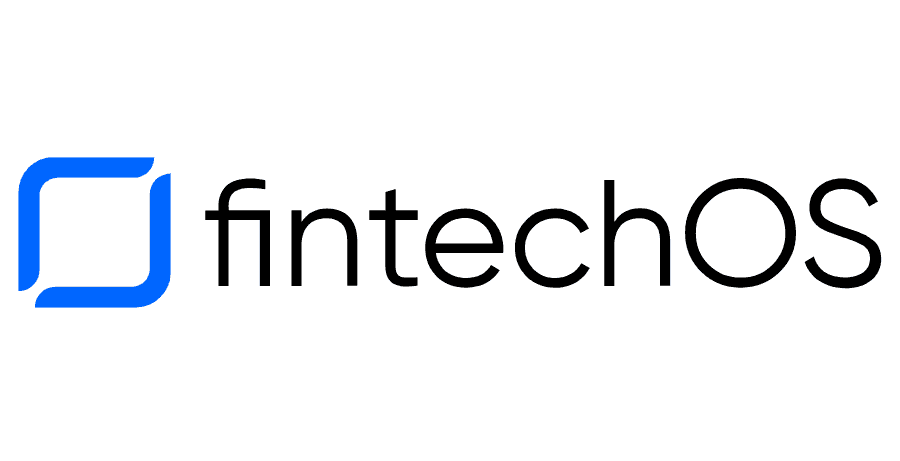
FintechOS, the leading fintech enablement platform, today announced a series of accomplishments from 2022 to the present, illustrating its momentum and leadership in the new industry category of fintech enablement.
The accomplishments illustrating the momentum of FintechOS, and the interest of financial institutions in modernizing and innovating with FintechOS and fintech enablement, include launching in North America with five banks in 2022; overall revenue growth of 70% year over year; cash-in increases from customer operations by more than 200% year over year; 300% year-over-year insurance revenue growth; a new release of the FintechOS platform; and a SOC 2 Type 2 report assuring the security, availability, processing integrity, confidentiality, and privacy of FintechOS in addition to previously received ISO 27001 and ISO 9007 certifications.
FintechOS also added Glenn Anschutz to its management team as COO in November 2022. Anschutz formerly served for 21 years as president and CEO of a leading provider of cloud-based insurance platforms.
FintechOS customers experience major momentum from fintech enablement.
FintechOS customers also report major momentum and ROI as a result of implementing FintechOS for fintech enablement. ROI that FintechOS customers experienced includes 70% lower cost of building new financial products; 80% reduction in servicing costs; three times faster time to market with new products; and 120% growth in profitability.
“Established financial services and insurance companies are facing a perfect storm of challenges including nimble fintech and insurtech startups, legacy core platforms that aren’t sufficiently agile to support modern imperatives such as digital transformation, personalization, and rapid application development, and pressure to modernize core platforms safely and securely,” said Teodor Blidarus, CEO and co-founder, FintechOS. “The momentum that we and our customers are experiencing indicates that we’re addressing these challenges and advancing fintech enablement with solutions empowering digital transformation and low code/no code development while allowing customers to continue using legacy core platforms or modernize them at their own pace. This combination of capabilities is the essence of fintech enablement.”
Fintech enablement integrates legacy and modern systems.
Fintech enablement is the synthesis of modern cloud-native systems and rapid application development methodologies with the ability to leverage and integrate legacy core platforms, enabling incumbent financial services and insurance companies with legacy systems to operate and innovate like fintechs and insurtechs. Fintech enablement also allows incumbents to leverage their financial resources, industry expertise and brand awareness to enter new markets and better compete in the creation of new products and revenue streams that often are the domain of fintechs and insurtechs. Fintech enablement with FintechOS reduces time to market for new products from years using legacy systems to as little as three months.
Banking industry experts agree on the importance of fintech enablement and modernization.
Banking industry experts recognize the importance, timeliness and increasing momentum of fintech enablement and modernization. For example:
According to Aite-Novarica Group in a report, The Benefits of Fintech Enablement: New Strategies for Scalable Innovation, “Financial organizations that can innovate and offer smarter, better, faster financial products and services that are contextually relevant to both consumers and business customers will achieve greater differentiation and revenue growth. The ability to rapidly innovate and iterate is fast becoming a competitive differentiator. However, the demand for innovation poses a significant resource management challenge, one made worse by financial institutions’ ongoing reliance on legacy architecture and an extremely competitive market for technical staff.”
As recently discussed by a leading analyst for IDC Financial Insights' Worldwide Banking Digital Transformation Strategies program, "Now is the time for banks to modernize core banking. Between modern technology approaches like microservices and APIs and the use of cloud platforms ensuring scalability and resiliency for the bank's back office, banks would do well to start the journey to core system modernizations without delay."
According to Capgemini in its World Retail Banking Report 2022, “Structural challenges keep most banks from fully leveraging data-driven analytics to attract customers and grow relationships. In our executive survey, 95% said outdated legacy systems and core banking modules inhibit efforts to optimize data- and customer-centric growth strategies, while 80% agreed that underdeveloped data capabilities hinder customer lifecycle process improvements. For example, 82% said they have difficulties identifying new customer segments; 55% struggle to provide seamless onboarding experiences.”
FintechOS increased its product momentum and capabilities with new release.
FintechOS also introduced major enhancements to its product this year. With the most recent release of the FintechOS platform, FintechOS customers can:
- Further accelerate the launch of financial products, while also measuring their impact
- New accelerators for small business provide predefined products and digital journeys based on industry best practices.
- Reusable UI libraries enable teams to more effectively manage their design assets, reducing maintenance and accelerating development.
- Product performance analytics provides a dashboard for customers to view and analyze their financial product’s sales performance.
- Supplement their existing core with key servicing capabilities for loan and policy administration, contract lifecycle management, third-party distribution management and operational ledger
- New service extension apps enable FintechOS servicing capabilities such as loan management and policy administration to be extended using no code and low code without creating friction during upgrades.
- Workflow and task management upgrades include improvements to the inbox, routing and delegation, activity history, and new dashboards for employees and managers.
- Innovate quickly and securely on top of a purpose-built fintech operating system
- Observability and telemetry upgrades help developers troubleshoot issues and identify potential performance issues before they become a problem.
- New tools for developers include support for the latest JavaScript versions, remote debugging, upgraded code editors’ capabilities and more.
The product momentum will continue with additional investments in 2023.
This year, FintechOS will continue to fuel its momentum and the capabilities of fintech enablement to support modernization through legacy integration by increasing its customer operations and success investments by 30%; and by investing millions in research and development and these planned product enhancements to the FintechOS platform:
- A product factory will enable customers’ business teams to autonomously innovate their financial products with no training required across businesses such as personal and SME loans, savings, mortgages, general insurance, health and life insurance.
- A journey designer will let anyone — including business teams — design digital journeys, using prebuilt templates.
- Hyperscaling capabilities will be further enhanced through cloud-native infrastructure.
- Additional back-office servicing capabilities will enable customers to automate their back-office processes across the entire contract lifecycle.
Related News
- 09:00 am
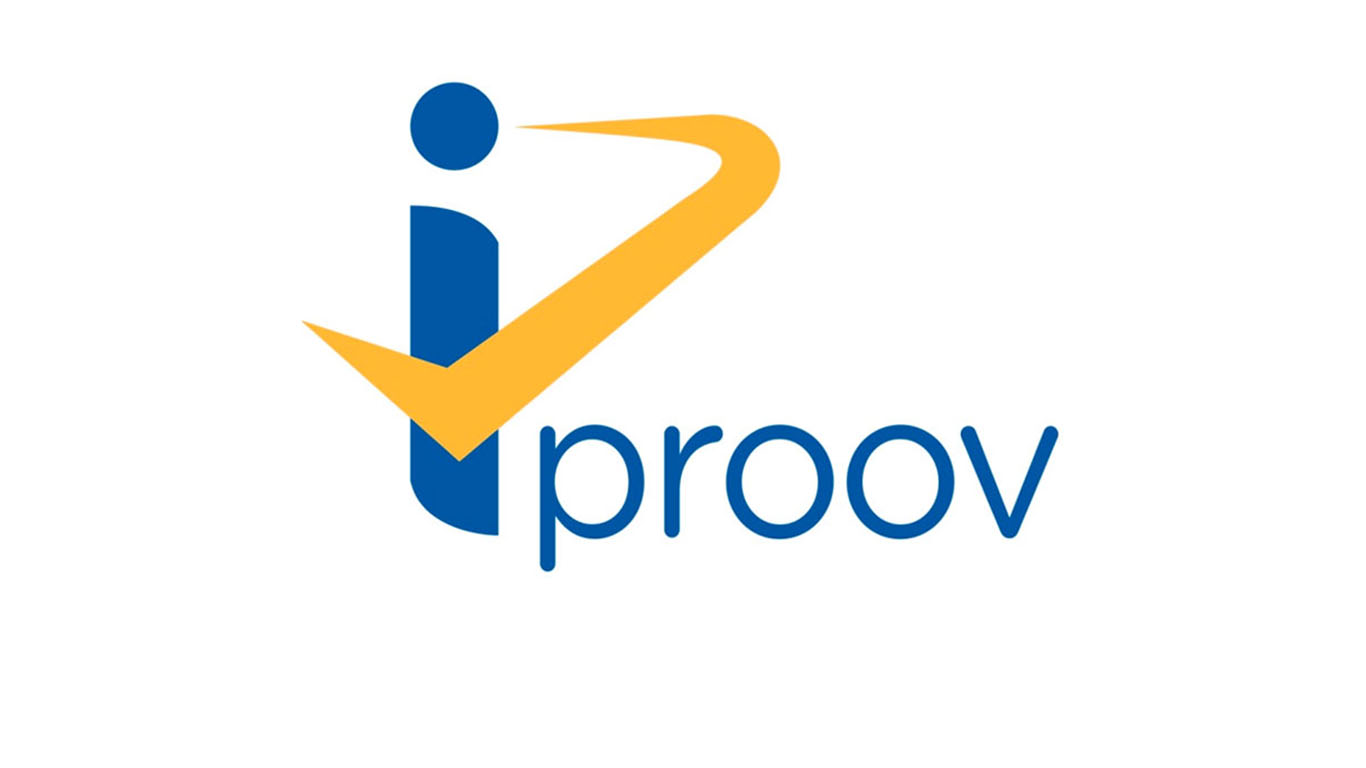
"Certifications like this are a key milestone and part of what makes iProov special," says Andrew Bud, founder & CEO, iProov. "We've supported the creation of the UK Trust Framework since its inception and we see it as central to solving the UK's complex identity puzzle. It gives confidence to both users and organisations that they are using a capable provider to establish that most precious of assets between them - trust."
Related News
- 05:00 am
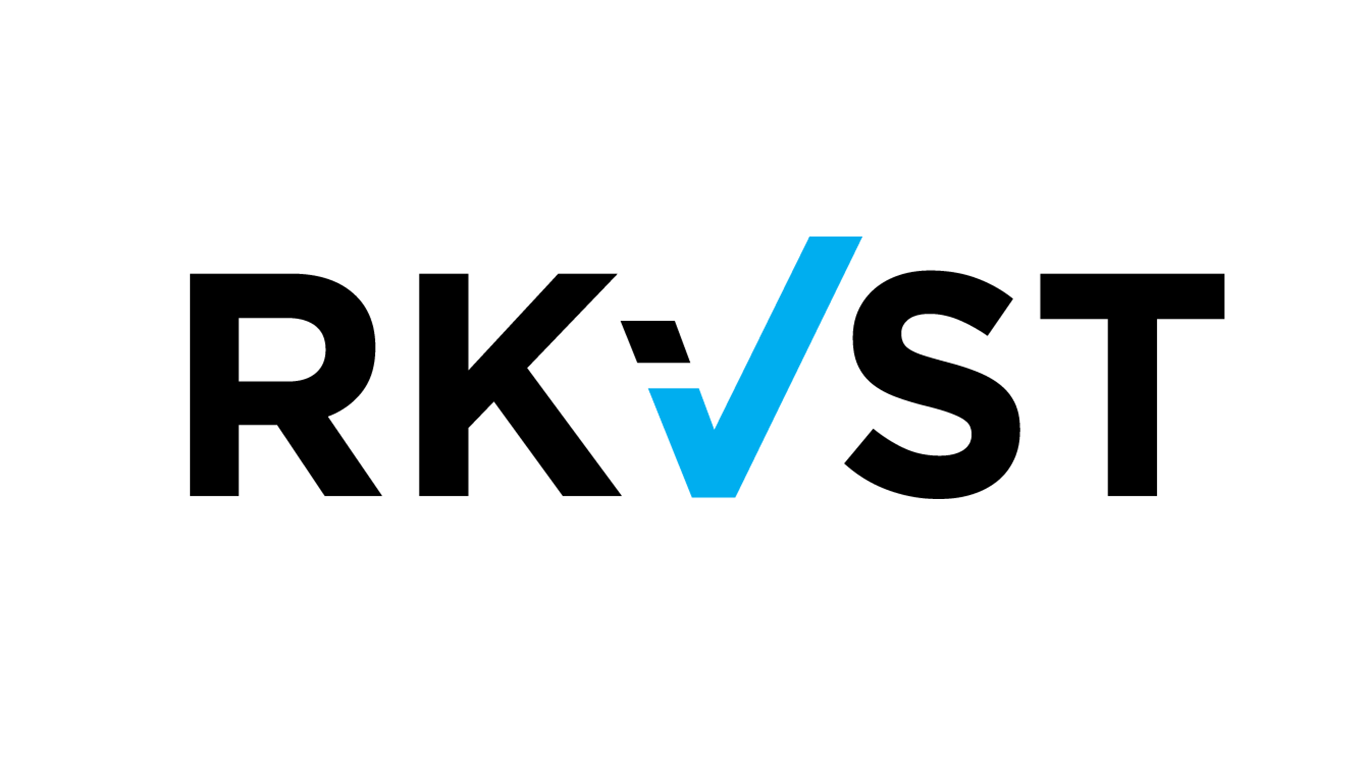
“At RKVST we’re working hard to make blockchain practical for real-world, enterprise use. The RKVST blockchain-powered platform provides proof of origin, proof of provenance and proof of authenticity for any data, which is fundamental for any supply chain. In implementing the technology behind this patent, we can deliver portable data integrity, transparency and trust for the long term without the burden of ever-increasing operational overheads.”
Related News
- 01:00 am
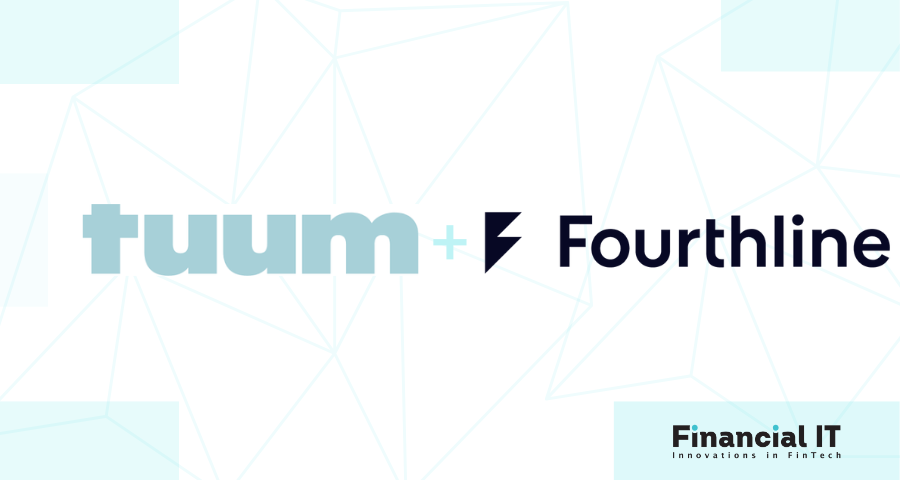
“We're thrilled about our collaboration with Tuum. Together, we offer a solution that enables regulated institutions to expand rapidly across Europe while maintaining compliance with all regulatory obligations. Fundamentally we achieve this without compromising technological innovation. One key aspect is our capability to ensure that clients remain compliant throughout their entire customer journey, beginning with AML screening and extending to ongoing monitoring,".” stated Eelco-Jan Boonstra, Chief Commercial Officer at Fourthline.
“For European banks and financial institutions eyeing up growth across borders, ever-changing regulation and varying cross-border requirements can be a huge hindrance. With this partnership, we want to empower the next generation of institution with a strong banking core agile to change, and access to an API that takes away the strain and worry of compliance. We are delighted to offer a truly best-of-breed solution and help banks achieve growth and innovation safely and securely,” said Jean Souto VP, Global Partnerships at Tuum.









